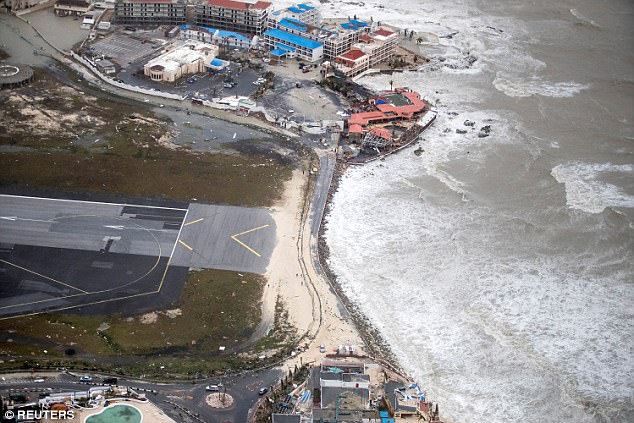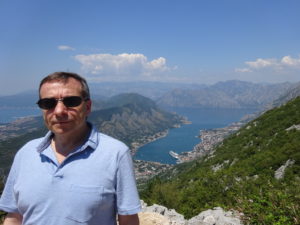
In an 1855 letter to his dear friend Joshua Speed. Lincoln said:
“I am not a Know-Nothing. That is certain. How could I be?…Our progress in degeneracy appears to me to be pretty rapid. As a nation, we began by declaring that ‘all men are created equal.’ We now practically read it ‘all men are created equal, except negroes.’ When the Know-Nothings get control, it will read ‘all men are created equal, except negroes, and foreigners, and catholics.’ When it comes to this I should prefer emigrating to some country where they make no pretence of loving liberty—to Russia, for instance, where despotism can be taken pure, and without the base alloy of hypocracy.”
As the Kansas-Nebraska Act was renewing Lincoln’s interest in politics, his Whig Party was coming to an end. The party had weakened and fragmented when Whig leaders such as Henry Clay and Daniel Webster died in 1852. Southern Whigs supported the Kansas-Nebraska Act because it allowed the expansion of slavery, while Northern Whigs strongly opposed it. This North-South split mirrored the divided Democratic Party in 1860, but in 1854 southerners generally shifted to the Democratic Party or joined the new “American Party.” The latter were also known as the Know Nothings because of their secrecy and nativist bigotry against blacks, as well as Irish and Catholic immigrants. Former northern Whigs, including Lincoln, along with anti-slavery Democrats, formed a new Republican party. The Republican Party’s primary focus was to prevent the expansion of slavery into the territories.
In October 1854 Lincoln rose to the forefront of the Republicans with a speech he gave first in Springfield, and then a dozen days later in Peoria. Newspapers published the second presentation, so it came to be known as the Peoria speech. Lincoln spoke out emphatically against slavery and oppression.
Today, Lincoln almost universally ranks at the top of any “best president of all time” poll, with both Democrats and Republicans claiming the mantle of Lincoln. Ironically, the Democratic Party has a clearer case. Republicans in his time were for inclusiveness, personal freedom, and positive government action. Lincoln championed federally funded internal improvements to build infrastructure, at one point arguing, “The legitimate object of government, is to do for a community of people, whatever they need to have done, but cannot do, at all, or cannot, so well do, for themselves.” Today the Democratic Party reflects these characteristics more than the Republican Party does, partly because during the 1960s many in the South left the Democratic Party in protest of Democratic support for civil rights. Nixon’s “Southern Strategy” completed the transition, effectively switching the focal points of the two major parties compared to their Civil War–era characteristics.
What would Lincoln say today?
Most likely he would fight for the protection of every American’s civil rights. In January of his last year, Lincoln pressed hard for passage of what would become the 13th amendment to the Constitution. This amendment abolished slavery and involuntary servitude, thus codifying the proclamation’s goal that all slaves “shall be then, thenceforward, and forever free.” This was followed in 1868 by the 14th amendment, which granted U.S. citizenship to former slaves and instructed states to protect all citizens’ rights and privileges and guarantee all persons equal protection under the law. This effectively overturned the Dred Scott decision. The 15th amendment in 1870 prohibited the use of race, color, or previous condition of servitude (aka slavery) in determining which citizens could vote. In a little-known position taken early in his political career, Lincoln had suggested the right to vote might be extended to women. The 19th amendment in 1920 finally accomplished this goal, prohibiting the government from denying women the right to vote on the same terms as men.
Lincoln repeatedly returned to the Declaration of Independence, reiterating the basic self-evident truth that “all men are created equal,” meaning all men and women, with no regard to gender, race, color, religion, orientation, preference, or country of origin. Lincoln would stand up to despotism, speaking out against attempts by political leaders to foment racism, dictate what is “acceptable” or “unacceptable” forms of protest against institutional oppression, or attacks on the constitutional rights of all Americans.
[The above is adapted from my book, Lincoln: The Man Who Saved America.]
[Photo credit: Nathan Greene Studios. Thanks to Bob Willard for finding it. See: http://www.nathangreene.com/product/233/17]

Lincoln: The Fire of Genius: How Abraham Lincoln’s Commitment to Science and Technology Helped Modernize America is available at booksellers nationwide.
Limited signed copies are available via this website. The book also listed on Goodreads, the database where I keep track of my reading. Click on the “Want to Read” button to put it on your reading list. Please leave a review on Goodreads and Amazon if you like the book.
You also follow my author page on Facebook.
David J. Kent is President of the Lincoln Group of DC and the author of Lincoln: The Fire of Genius: How Abraham Lincoln’s Commitment to Science and Technology Helped Modernize America and Lincoln: The Man Who Saved America.
His previous books include Tesla: The Wizard of Electricity and Edison: The Inventor of the Modern World and two specialty e-books: Nikola Tesla: Renewable Energy Ahead of Its Time and Abraham Lincoln and Nikola Tesla: Connected by Fate.
Like this:
Like Loading...
 The Lincoln Group of DC is one of the premier Abraham Lincoln associations in the country and I feel privileged to be a part of the executive board. This post highlights some of the upcoming events in the DC area that you don’t want to miss.
The Lincoln Group of DC is one of the premier Abraham Lincoln associations in the country and I feel privileged to be a part of the executive board. This post highlights some of the upcoming events in the DC area that you don’t want to miss.







 Today marks the fourth anniversary of resigning my consulting job to pursue a career
Today marks the fourth anniversary of resigning my consulting job to pursue a career 







